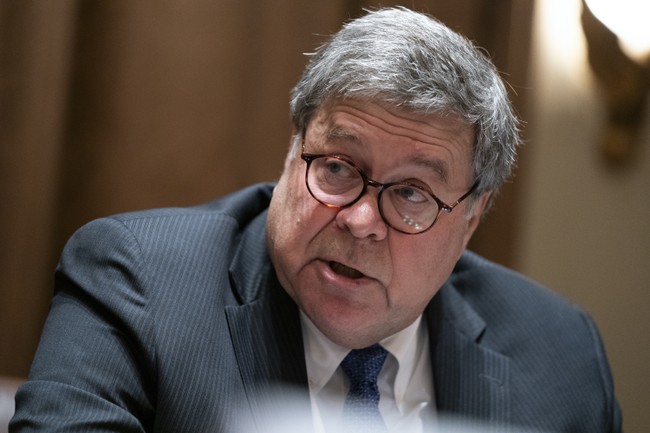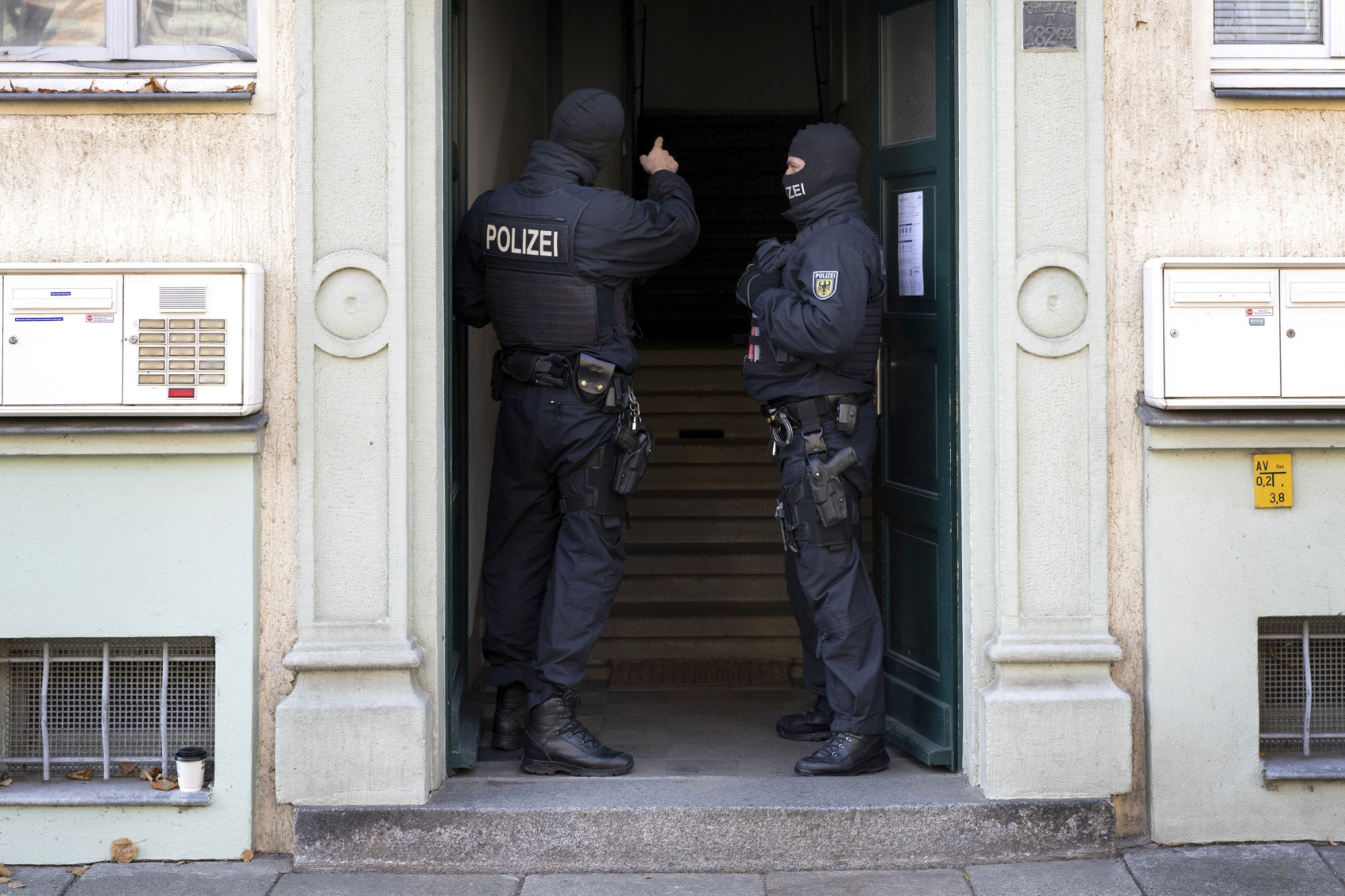Trump's Return: Impact on Global Politics
Donald Trump's re-election as U.S. President is poised to reshape international relations, test alliances, and challenge global leaders across volatile political landscapes.
Published November 07, 2024 - 00:11am

Image recovered from arabnews.com
The re-election of Donald Trump as the President of the United States has set the stage for a turbulent era in international relations. His foreign policy approach, characterized by unpredictability and a staunch 'America First' stance, promises to reshape global political landscapes, affecting everything from transatlantic alliances to turbulent regions in the Middle East.
Trump's win marks a pivot back to policies that drew sharp criticism and concern during his initial tenure. He returns as a President with a vision to implement dramatic shifts, particularly in how the U.S engages with its allies and adversaries around the world. He has proclaimed ambitions to resolve intractable conflicts in the Middle East and Eastern Europe, while his campaign rhetoric indicated a possible intensification of trade wars, particularly with China, as he promised substantial tariffs on Chinese goods and criticized transatlantic trade relations by placing the European Union on par with China as an economic rival.
The transatlantic relationship, a cornerstone of post-World War II stability and cooperation, stands on precarious ground once again. European leaders are apprehensive about a U.S. administration that has previously undermined NATO unity and eschewed commitments to collective defense. President-elect Trump's criticisms of NATO defense spending could strain relations further, potentially weakening the alliance at a time of rising geopolitical tensions with Russia.
In Ukraine, Trump's victory raises questions over the future of the U.S.' support for Kyiv amid its conflict with Russia. His past remarks on resolving the crisis within very short timeframes have sparked skepticism about the terms and conditions of such resolutions. European allies, who have strongly supported Ukraine's sovereignty, are wary of any shift in U.S. policy that might embolden Russia at the expense of Ukrainian interests.
In the Middle East, Trump's unwavering support for Israel is anticipated to inform his administration's policies once more. His previous recognition of Jerusalem as Israel's capital and acquiescence to Israeli territorial claims in conflict areas have already caused shifts in the regional diplomatic balance. His return to the White House comes amidst ongoing hostilities involving Israel, Gaza, and Iran-backed Hezbollah, with Trump facing the challenge of defining a coherent strategy amid intense international scrutiny regarding humanitarian issues and alleged war crimes.
The impact of America's internal political shifts has repercussions that extend far beyond its borders. Trump's re-election is met with reactions that vary from cautious optimism to deep-seated apprehension among international partners and global leaders. While leaders like Israeli Prime Minister Benjamin Netanyahu express confidence in the continuation of favorable policies, others in Europe continue to stress the importance of a strong, stable transatlantic relationship that can withstand the unpredictabilities of individual political leaders.
Domestically, Trump's administration is poised to push forward with the agenda items he prioritized during his campaign. His earlier withdrawal from international agreements, like the Paris Climate Accord, and criticism of multilateral organizations, such as the U.N., signal potential areas of renewed focus as global environmental policies and cooperative international frameworks risk disruption. Critics of Trump's strategies suggest that his approach could exacerbate global tensions rather than alleviate them, underscoring the contentious and transformative potential of his presidency.
Nevertheless, Trump's ability to exercise his foreign agenda might largely depend on the domestic support he garners from Congress, particularly with the Republican party holding a strong influence. The synergy between domestic and foreign policy will be closely watched as Trump maneuvers through complex international crises, attempting to leverage U.S. power while navigating an array of geopolitical challenges where his strategies will be tested and scrutinized worldwide.






